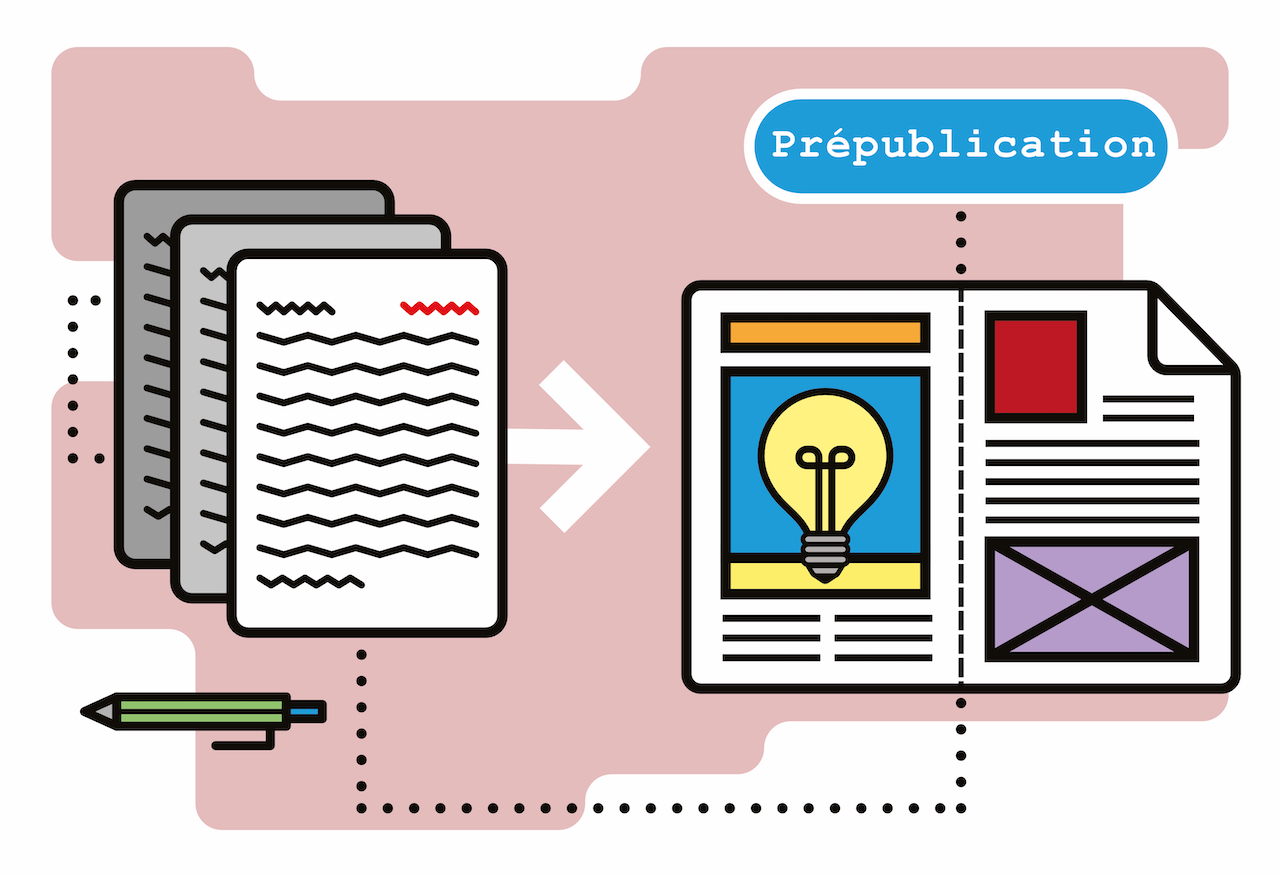Fiche du document
2024
- ISIDORE Id: 10670/1.f4ad3f...
- hal: hal-04907032
- PUBMED: 9781835536810
Ce document est lié à :
info:eu-repo/semantics/altIdentifier/pmid/9781835536810
info:eu-repo/semantics/OpenAccess
Sujets proches
Stage Dramatics Histrionics Theatre Professional theater Representaciones teatrales Teatro--Representaciones Art théâtral Théâtre (arts du spectacle) Art du théâtre Scène théâtre théâtre (monument)Citer ce document
Jacques Banyankindagiye, « L'instrumentalisation du théâtre au Burundi : de l'époque précoloniale à 2015 », HAL SHS (Sciences de l’Homme et de la Société), ID : 10670/1.f4ad3f...
Métriques
Partage / Export
Résumé
Le théâtre fait partie de l'histoire burundaise depuis l'époque précoloniale jusqu'à nos jours. Toutefois, il existe peu de travaux qui montrent comment le théâtre a peu à peu été employé pour faire face aux défis historiques auxquels le Burundi a fait face. Cette étude a réalisé une revue littéraire et documentaire pour synthétiser l'utilisation du théâtre avant, pendant et après la colonisation, et ce jusqu'en 2015. D'un point de vue analytique, le théâtre peut être décrit comme des performances poétiques ancrées dans les coutumes de la tradition orale burundaise avant la colonisation, servant à transmettre les valeurs socioculturelles d'une génération à l'autre. Au cours de la période coloniale, le théâtre a participé au processus de civilisation, d'évangélisation et d'aliénation culturelle. De l'indépendance jusqu'en 2015, le théâtre a été déployé comme un instrument de propagande politique, de sensibilisation communautaire, de réconciliation nationale, de développement économique et de démocratisation du pays. Malgré cette histoire théâtrale florissante au Burundi, les pouvoirs publics ne s'en approprient pas la responsabilité. Dans cette recherche, il est suggéré de valoriser le théâtre militant et de soutenir le théâtre populaire des médias sociaux afin de faire la promotion de la culture burundaise, un patrimoine socioculturel des sociétés contemporaines.
